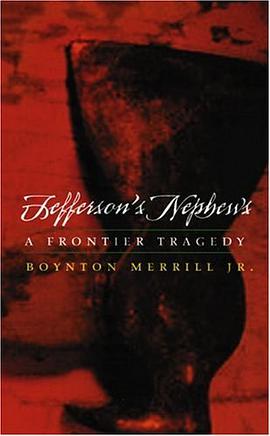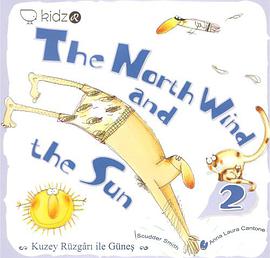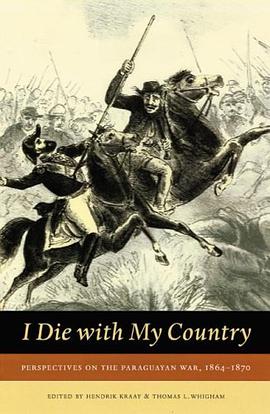

具体描述
A. J. Liebling's coverage of the Second World War for the New Yorker gives us a fresh and unexpected view of the war - stories told in the words of the soldiers, sailors, and airmen who fought it, the civilians who endured it, and the correspondents who covered it. The hero of the title story is a private in the Ninth Army division known as Mollie, short for Molotov, so called by his fellow G.I.s because of his radical views and Russian origins. Mollie was famous for his outlandish dress (long blonde hair, riding boots, feathered beret, field glasses, and red cape), his disregard for army discipline, his knack for acquiring prized souvenirs, his tales of being a Broadway big shot, and his absolute fearlessness in battle. Killed in combat on Good Friday, 1943, Mollie (real name: Karl Warner) was awarded the Silver Star posthumously. Intrigued by the legend and fascinated by the man behind it, Liebling searched out Mollie's old New York haunts and associates and found behind the layers of myth a cocky former busboy from Hell's Kitchen who loved the good life. Other stories take Liebling through air battles in Tunisia, across the channel with the D-Day invasion fleet, and through a liberated Paris celebrating de Gaulle and freedom. Liebling's war was a vast human-interest story, told with a heart for the feelings of the people involved and the deepest respect for those who played their parts with heroism, however small or ordinary the stage. A. J. Liebling (1904-63) was a longtime contributor and columnist for the New Yorker. He was the author of "The Sweet Science" and nineteen other books of nonfiction, including "Chicago: The Second City", available in a "Bison Books" edition.
作者简介
目录信息
读后感
评分
评分
评分
评分
用户评价
相关图书
本站所有内容均为互联网搜索引擎提供的公开搜索信息,本站不存储任何数据与内容,任何内容与数据均与本站无关,如有需要请联系相关搜索引擎包括但不限于百度,google,bing,sogou 等
© 2026 book.wenda123.org All Rights Reserved. 图书目录大全 版权所有




















